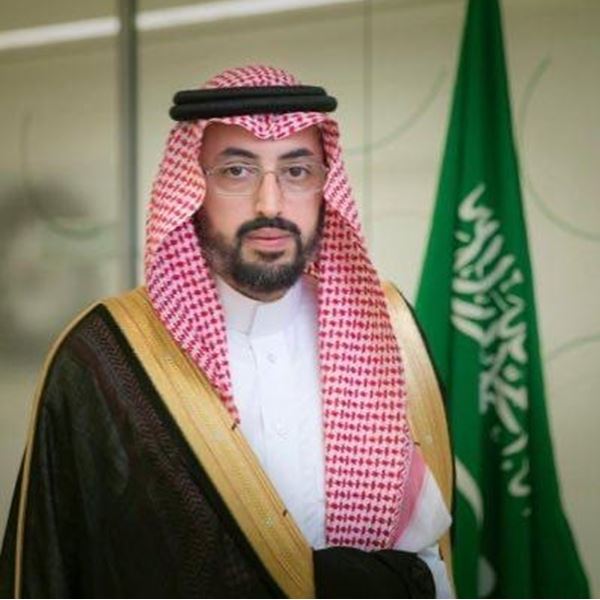Saudi Arabian envoy lauds harmony with China


Ambassador notes synergy between 'Vision 2030' and BRI in strengthening trade, praises Beijing's diplomacy
A "harmonization plan" between China's Belt and Road Initiative and Saudi Arabia's "Vision 2030" framework has ensured bilateral trade remains robust and opened up opportunities for people-to-people exchanges, according to top Saudi diplomat to China.
The bilateral comprehensive strategic partnership "contributes to enhancing the chances of successful cooperation between Saudi Arabia and China for the benefit of the two countries and their peoples," Saudi Arabia's Ambassador to China Abdulrahman Al-Harbi said in a recent exclusive interview with China Daily.
China remained Saudi Arabia's top trading partner, with bilateral trade hitting $116 billion last year – up 34 percent compared to 2021 – and passing $27 billion in the first quarter of this year, up by 9.7 percent compared to the same period in 2022, according to Saudi data.
"Saudi-Chinese relations are characterized by great distinction, which reflects positively on the strengthening of cooperation between the two countries, and is in line with the development witnessed by the world and the changes of the times," said Al-Harbi.
Saudi Arabian Crown Prince Mohammed bin Salman Al Saud visited China in 2019 while Chinese President Xi Jinping visited Riyadh last December.
A number of agreements were signed during those visits, Al-Harbi noted. Some 35 deals worth more than $28 billion were signed in 2019 – including four licenses handed to Chinese companies in specialized fields – while over 40 agreements worth more than $58 billion were signed in 2022.
Other cooperation agreements have been signed in sectors targeted by both sides, the ambassador said. These include renewable energy, petrochemicals, information technology and infrastructure for targeted investment sectors.
Al-Harbi noted that Saudi Arabia's "Vision 2030" strategic framework has adopted various economic reforms to raise the percentage of foreign direct investment contribution to GDP and improve the business environment, making it one of the most attractive destinations for foreign investments in the world.
Transformations included simplifying administrative and regulatory procedures, improving infrastructure, technology and other regulations aimed at overcoming challenges for investment, and creating promising investment opportunities to advance economic development in the country.

































